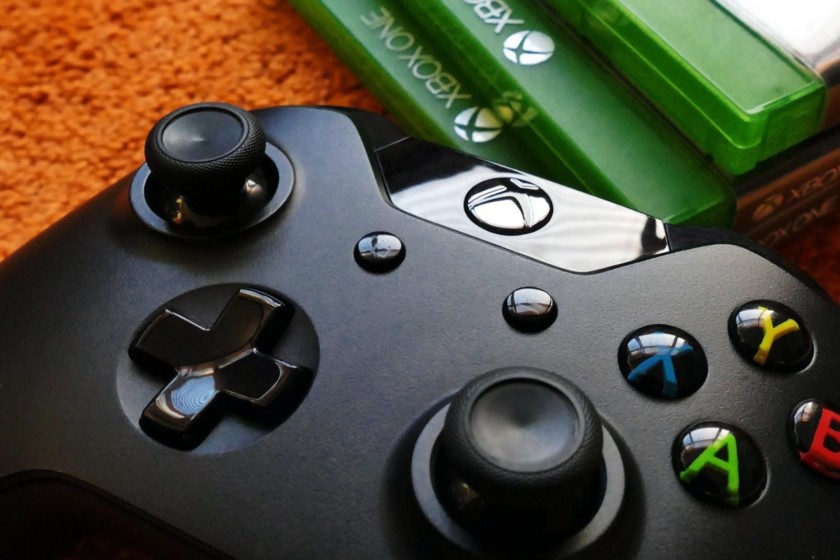
Gaming can indeed be addictive, but is it a mental health condition? Well, the World Health Organization (WHO) has now declared that gaming disorder is indeed a thing.
The move came after the organization adopted the 11th revision of its International Classification of Diseases (ICD), its globally recognized listing of diseases and diagnoses. The World Health Organization says the 11th revision (and the accompanying recognition of gaming disorder) comes into effect on January 1 2022.
Read: Android-based WonderOS wants to let you play any game from your phone
According to the organization's page on gaming disorder, it's characterized by "impaired control over gaming, increasing priority given to gaming over other activities to the extent that gaming takes precedence over other interests and daily activities, and continuation or escalation of gaming despite the occurrence of negative consequences."
Polygon notes that this description for gaming disorder is nearly identical to WHO's wording for gambling disorder. In fact, it seems like the organization copy/pasted the text for gaming disorder from gambling disorder.
Reaction to gaming disorder recognition

The Entertainment Software Association (ESA), which represents the U.S. gaming industry, has criticized the move in a press release on its website. The ESA called for the WHO to reverse its decision.
"The WHO is an esteemed organization and its guidance needs to be based on regular, inclusive, and transparent reviews backed by independent experts," the ESA noted. "'Gaming disorder' is not based on sufficiently robust evidence to justify its inclusion in one of the WHO's most important norm-setting tools."
For what it's worth, the World Health Organization says the move was based on "reviews of available evidence and reflects a consensus of experts from different disciplines and geographical regions." The body also said studies suggest that gaming disorder only affects a small proportion of people who play video games.
You'd expect gaming-related groups to express opposition to the move, wouldn't you? But a journal paper published last year by 36 academics, mental health professionals, and social scientists has also opposed the WHO decision to recognize gaming disorder.
The paper noted that the case for gaming disorder was "premature," but didn't rule out its recognition with "rigorous, transparent, and standardized" research methods. Do you believe gaming disorder is indeed a legitimate mental health condition? Let us know in the comments.
NEXT: This now-deleted Nokia Mobile Instagram post isn't so bright
from Android Authority http://bit.ly/2K7SEJq
via IFTTT
Aucun commentaire:
Enregistrer un commentaire